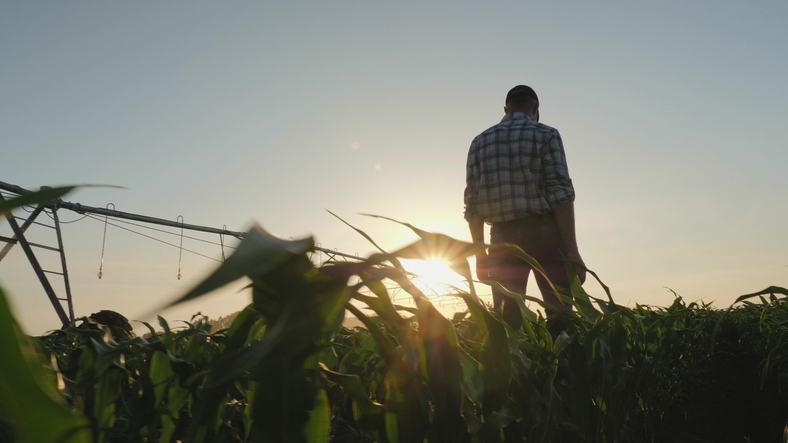Farming succession: the Lump Sum Exit Scheme
Now is the time to consider the future of your farm with the introduction of the new ‘Lump Sum Exit Scheme’, which is intended to allow farmers to retire or take up a new occupation.
From this April (2022) farmers will be able to apply for the new ‘Lump Sum Exit Scheme’. The Scheme is intended for Basic Payment Scheme (BPS) applicants in England who wish to leave farming, either to retire or take up a different occupation. To be eligible a farmer must have claimed or been eligible to claim for BPS payments in the 2018 BPS scheme year, or alternatively have inherited agricultural land after 15 May 2018.
The lump sum payment is based on a ‘reference amount’ x 2.35.
The ‘reference amount’ will be calculated based on the average BPS claimed in 2019, 2020 and 2021 up to £42,500. An example in the guidance suggests that if a farmer’s ‘reference amount’ is £50,000 then their lump sum payment would be calculated as: £42,500 (as the cap is applied) x 2.35 = £99,875.
Before a farmer can receive the lump sum payment, they must have:
- transferred all their agricultural land in England or planted it with trees under a woodland creation scheme;
- transferred all grazing and pannage rights they have on common land in England, if any; and
- surrendered all their BPS entitlements.
‘Agricultural land’ means arable land, including temporary grassland and fallow land, permanent grassland or permanent crops.
Once a lump sum payment is made then that farmer will no longer be eligible for BPS payments or delinked payments (which will begin in 2024) in England.
The requirement to transfer all agricultural land includes land at a farmer’s disposal as the owner-occupier or where a farmer is a tenant under a Farm Business Tenancy or an Agricultural Holdings Act (AHA) tenancy. The transfer of the land does not need to be all done at the same time or be transferred to the same person.
Where a farmer owns the land then they can sell or gift the land or, alternatively, they can rent out the land for a minimum of 5 years (with no breaks except for death or bankruptcy). If a farmer is renting the land, then they can surrender the tenancy to the landlord, assign their interest to a new party, or in the case of an AHA tenancy pass the tenancy onto the new generation via succession rights. The land may not be transferred to the retiring farmer’s spouse co-habitant.
In the case of land held by a partnership or company, the partnership or company can apply for the Lump Sum Exit Scheme as a partnership or limited company. If not all the members want to retire then the partnership or company can still apply for the Scheme where the partner(s) or shareholder(s) have a 50% interest in the business. The partner(s) or shareholder(s) who are leaving can transfer the land to the remaining members of the business. However, the partnership or company must still surrender the BPS entitlements before a lump sum can be paid, and the remaining business cannot claim any further BPS payment or delinked payments.
A farmer applying for the Scheme will be able to keep up to 5 hectares of agricultural land if they wish. Any non-agricultural land (including woodland) and buildings, such as the farmhouse, will also not need to be transferred in order to be eligible for the Scheme.
If a farmer has already transferred out some of their agricultural land since 17 May 2021, they may still be eligible to apply for a lump sum if they meet certain transfer rules.
A farmer will still be able to work as a contractor or work for other farmers, if they wish, once they have received their lump sum payment.
The government intends to introduce legislation to provide clarity as to how the Scheme payments will be treated for tax purposes. The intention is that it will be treated as capital in nature and therefore will be subject to capital gains tax (or corporation tax, as applicable). The existing capital gains tax reliefs will be available.
Full guidance on how to apply will be published by the Government once the Scheme has opened.
It is not yet clear how much take up there will be for the Scheme but for those farmers thinking of retirement it may provide a helping hand.
If you are considering retirement or changing the ownership structure of your farming business, then it is recommended that you consult with your professional advisers and our expert teams are here to help. Please contact our experienced lawyers in the Agricultural & Rural Land or Wills, Trust and Estates team for assistance.

